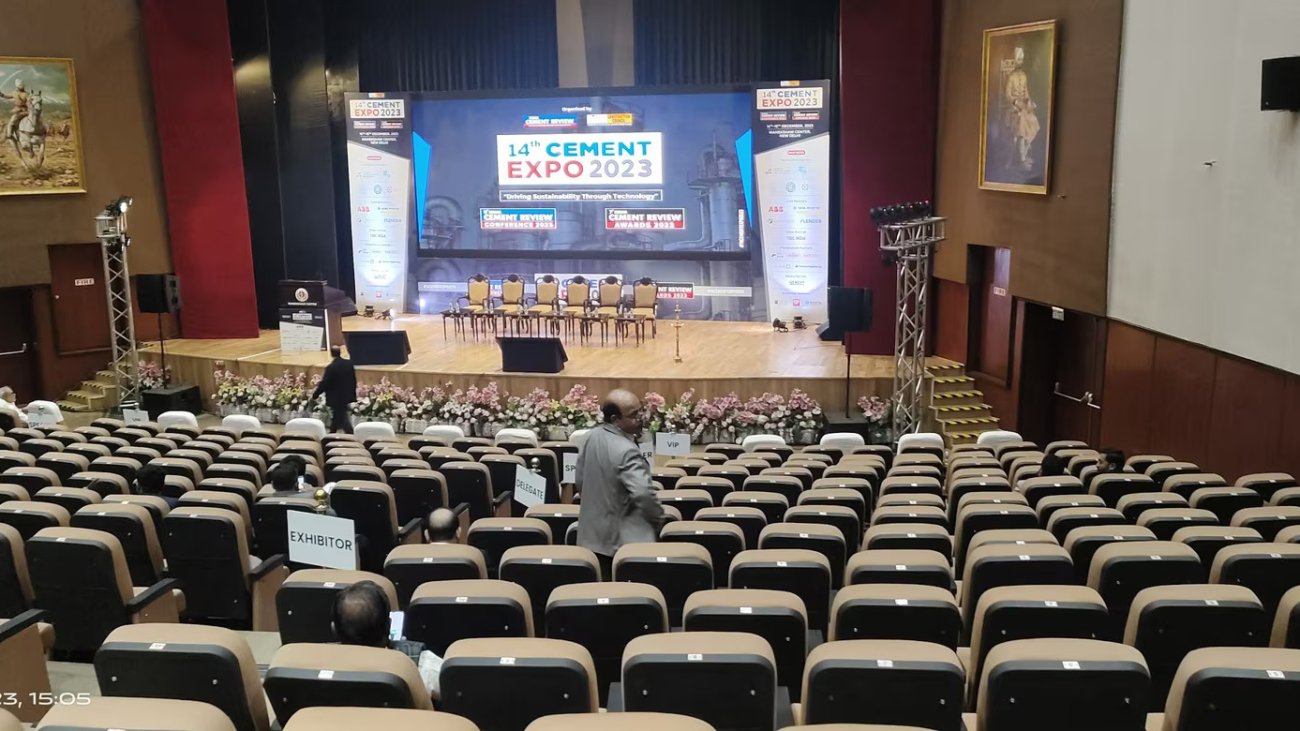Auditorium License in India: A Complete Legal Guide
Auditoriums serve as important venues for cultural events, entertainment shows, corporate meetings, seminars, and social gatherings. However, in India, running an auditorium legally requires obtaining specific licenses and permissions from various government authorities. One of the most essential among them is the Auditorium License in India.

What is an Auditorium License?
To run an auditorium or other public gathering place, local governments, such as state governments or municipal corporations, must obtain an auditorium license. Before the auditorium is utilized for public events, the license guarantees that it conforms with safety standards, structural norms, and civic legislation.
Why is an Auditorium License Required in India?
-
To Ensure Public Safety: Adherence to construction rules, crowd control procedures, and fire safety regulations.
-
To Meet Legal Obligations: Operating without a current license may lead to closure or other legal repercussions.
-
To Regulate Noise Levels: Enforces noise control regulations to prevent disruption to neighboring neighborhoods.
-
To Host Public Events Legally: Necessary for any economic, cultural, or entertainment event.
-
To Comply with Local Taxation: Makes sure that any necessary entertainment taxes are paid.
Applicable Laws & Authorities in India:
-
Local Civic Body or Municipal Corporation
-
Department of Fire Services (Fire Safety NOC)
-
Board for State Pollution Control (Noise NOC)
-
Police Department in the area (traffic clearance & security)
-
Department of Building and Structural Safety
Mandatory Licenses & NOCs for an Auditorium in India:
-
License for Trade/Establishment from the Municipal Government
-
The fire department’s fire safety certificate
-
An accredited engineer’s certificate of building stability
-
Police Department approval for crowd control (if necessary)
-
The State Pollution Control Board’s Noise Pollution NOC
-
Registration for Entertainment Tax (if applicable)
-
License for Lift Operation (if lifts are installed)
-
Certificate of Parking Area Compliance
Documents Required for Auditorium License in India:
-
Proof of Ownership or Lease Agreement
-
Approved Building Layout Plan
-
Structural Stability Certificate
-
Fire Safety Compliance Certificate
-
Identity Proof of Applicant/Owner
-
Address Proof of Business Location
-
Photographs of the Premises
-
Consent Letters (if applicable)
-
NOC from Neighbors (in some cases)
Procedure for Obtaining Auditorium License in India:
Step 1: Application Submission
Submit an application and supporting documentation to the Municipal Corporation or other relevant body.
Step 2: Site Inspection
On-site inspections are carried out by authorities to confirm adherence to building safety, fire safety, and municipal standards.
Step 3: NOC Clearance
Secure NOCs from:
-
Department of Fire
-
Board for Pollution Control (for noise)
-
Traffic Police (if necessary)
Step 4: License Approval
The license is granted following a successful examination and document verification.
Time Required:
Generally speaking, the clearance procedure takes 30 to 90 days, depending on the building’s size, location, and compliance level.
Fees for Auditorium License in India:
Fees vary based on:
-
The auditorium’s capacity for seating
-
Classification of Cities or Rural Areas
-
Character of the Activities Performed
(Fees are notified by the respective local authority.)
Penalties for Non-Compliance:
-
Penalties and Fines (which can reach several lakhs)
-
Events Cancelled or Suspended
-
Auditorium Premises Sealing
-
Criminal Responsibility for Mishaps
Tips for Smooth Approval:
-
Verify that all fire safety precautions are in working order.
-
Maintain current parking, elevator, and building stability certificates.
-
Keep up-to-date records for event and land use permits.
-
Answer any questions about the inspection right away.
-
For documentation, speak with qualified consultants or legal counsel.
Conclusion:
In India, obtaining an auditorium license demonstrates a dedication to responsible operations and public safety in addition to being a legal necessity. Obtaining this license guarantees that your facility is safe, compliant, and permitted to host events, regardless of whether you are running an auditorium for corporate, cultural, or entertainment purposes.


